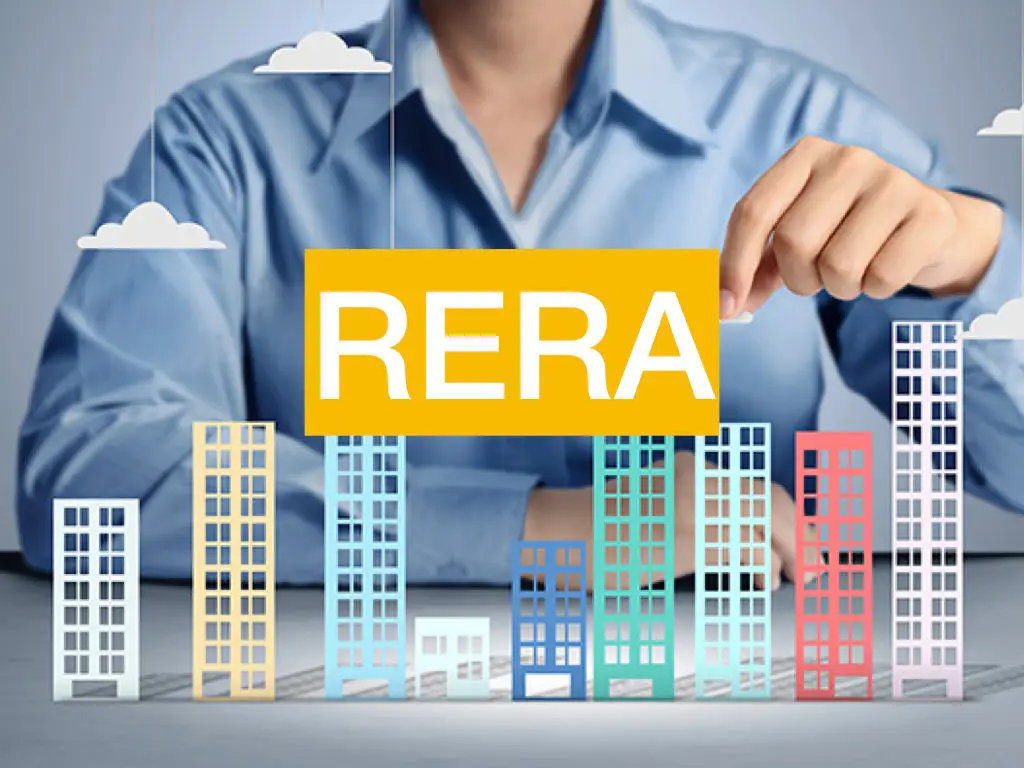The Real Estate (Regulation and Development) Act, 2016 (RERA) was introduced by the Indian government to protect homebuyers and bring transparency to the real estate sector. Tamil Nadu, like all states, has its own RERA authority and rules to regulate property development and safeguard the rights of buyers and residents. For Resident Welfare Associations (RWAs) in Chennai, knowing how RERA applies to your society is crucial for protecting your rights and managing builder relations effectively.
What is RERA & why does it matter to RWAs?
RERA aims to ensure that builders follow through on their promises, complete projects on time, and maintain quality standards. While it is primarily aimed at buyers, RWAs are directly impacted because they represent the community that will live in these developments. The Act empowers RWAs by giving them the right to demand proper handover, quality maintenance, and legal recourse in case of disputes.
- RERA mandates transparency from builders, requiring them to register projects and provide accurate status updates.
- It holds builders accountable for timely completion and defect-free delivery.
- It gives RWAs the legal authority to seek redressal for incomplete or defective common areas.
For Chennai RWAs, this means more control over your community’s living conditions and legal protection against builder negligence.
Role & power of Tamil Nadu RERA authority
The Tamil Nadu Real Estate Regulatory Authority (TNRERA) is the state agency responsible for enforcing RERA rules. Their main functions include:
- Regulating real estate projects registered under the Act within Tamil Nadu.
- Ensuring builders comply with legal timelines and disclosure norms.
- Acting as a quasi-judicial body to resolve disputes between homebuyers, RWAs, and developers.
- Monitoring adherence to the defect liability period and handover procedures.
Builders must register projects on the TNRERA portal before selling any units, ensuring accountability and consumer protection.
How does RERA impact RWAs in Chennai?
1. Formation & handover of RWAs
Once a project is ready for possession, developers must facilitate the formation of an RWA and hand over all common areas, facilities, and documents related to the project. This is critical because:
- RWAs need possession of common areas like gardens, lifts, parking, and clubhouses to manage and maintain them.
- The defect liability period (usually 1 year) requires builders to fix any issues that arise post-possession.
- Developers must hand over all essential documents, such as Occupancy Certificates, Completion Certificates, building plans, and approvals to the RWA.
If developers delay or refuse handover, RWAs can file complaints with TNRERA to enforce compliance.
2. Defect liability & builder responsibility
During the defect liability period, it is the builder’s responsibility to repair structural defects, leaks, electrical faults, and other issues at no cost to residents. RWAs should:
- Document all defects and notify the builder promptly.
- Request repair timelines and follow up regularly.
- Escalate unresolved issues to TNRERA for legal intervention if necessary.
This legal framework helps RWAs ensure the quality and safety of their buildings after possession.
3. Transparency & information access
RERA mandates that developers provide detailed information about the project on the TNRERA portal, including:
- Registration details and approval status.
- Sanctioned building plans and layouts.
- Timeline for project completion.
RWAs can use this information to verify builder compliance and prevent illegal or unauthorized constructions within their societies.
4. Dispute resolution mechanism
TNRERA serves as an effective forum for RWAs to resolve disputes with developers, including issues like:
- Delayed handover of possession or common areas.
- Defective construction or amenities.
- Unauthorized modifications or deviations from approved plans.
Complaints can be filed online, and TNRERA aims to resolve cases faster than traditional courts. Appeals against decisions can be taken to the Appellate Tribunal.
Practical tips for RWAs under RERA
To make the most of RERA protections, RWAs should:
- Register your society under the Cooperative Societies Act or the Tamil Nadu Apartment Ownership Act promptly after possession.
- Collect and preserve all project documents from the developer, including agreements, approvals, and certificates.
- Educate residents about their rights under RERA and encourage reporting of defects or builder defaults.
- Maintain regular communication with the developer during the defect liability period to ensure timely repairs.
- Use the TNRERA website to verify builder registration, project status, and file complaints if needed.
RERA has transformed how real estate projects and RWAs operate across Tamil Nadu. For Chennai RWAs, understanding these guidelines is critical to protecting your community’s interests, ensuring builder accountability, and maintaining a safe, well-managed living environment.
If your RWA encounters delays, poor workmanship, or documentation issues, don’t hesitate to leverage TNRERA’s powers. It’s a valuable tool designed to empower you and your society.


